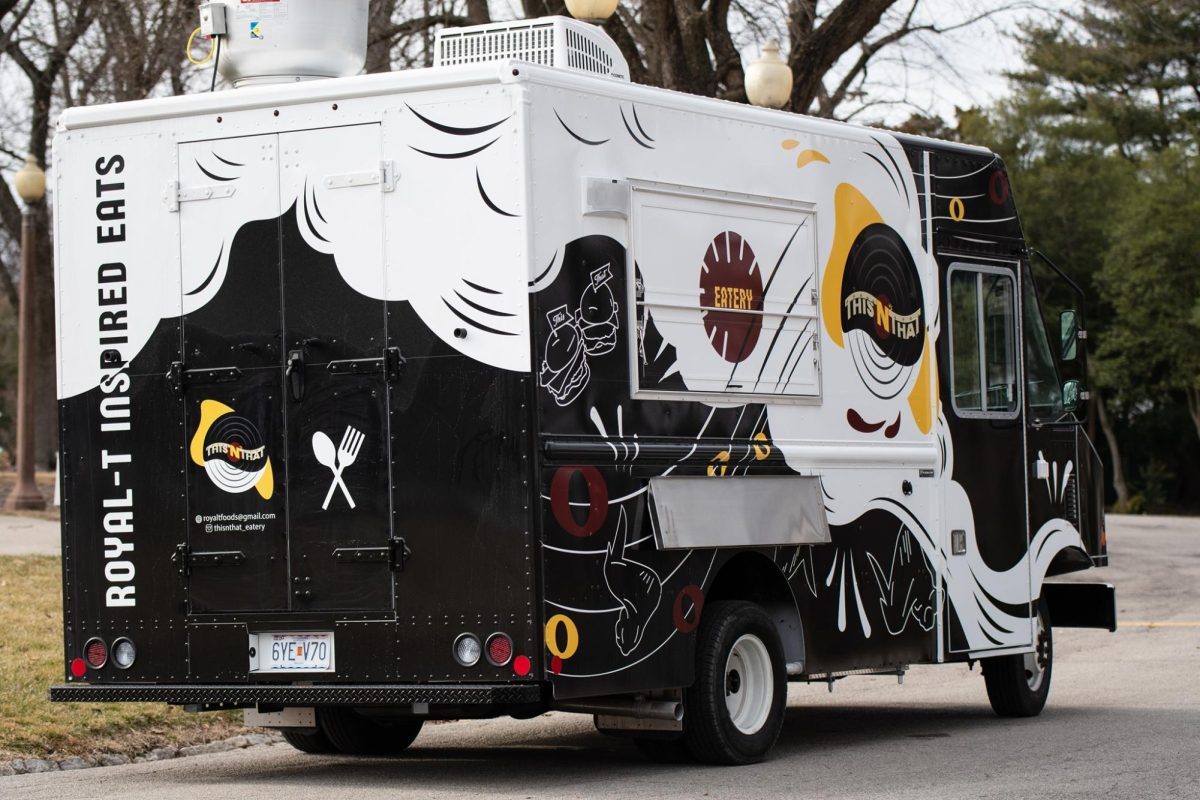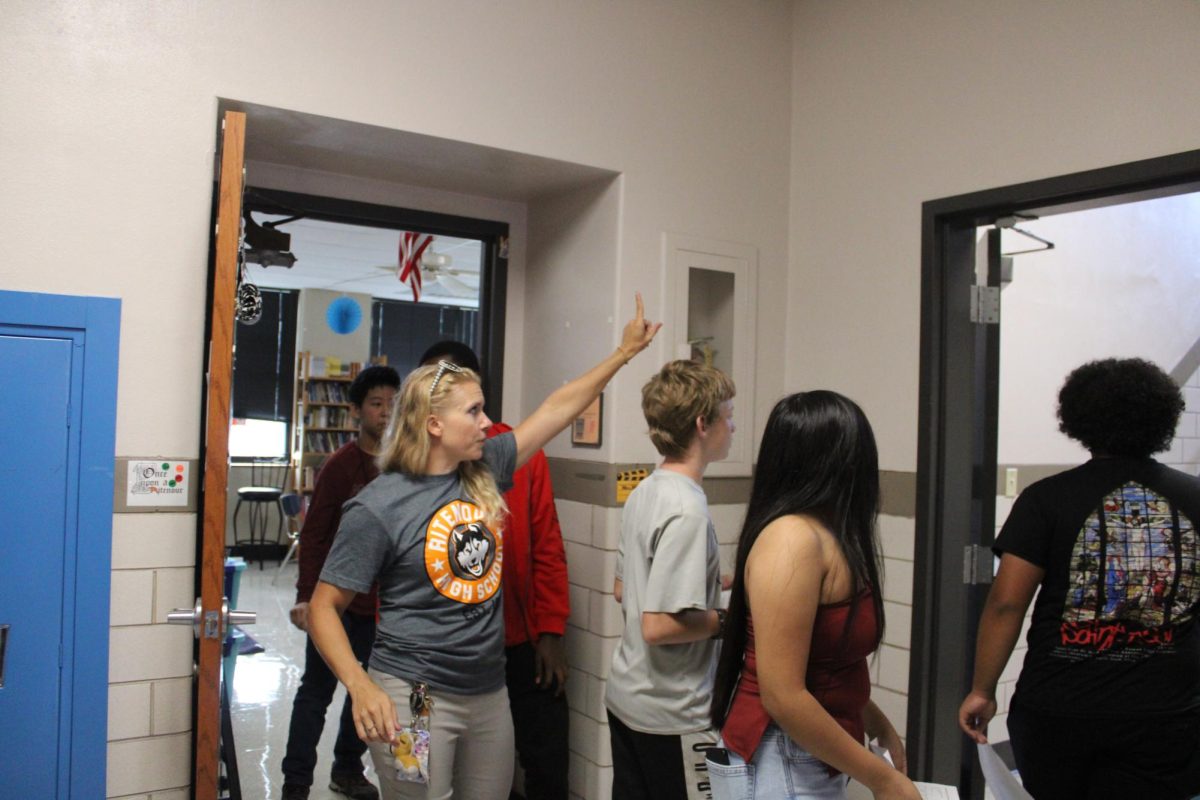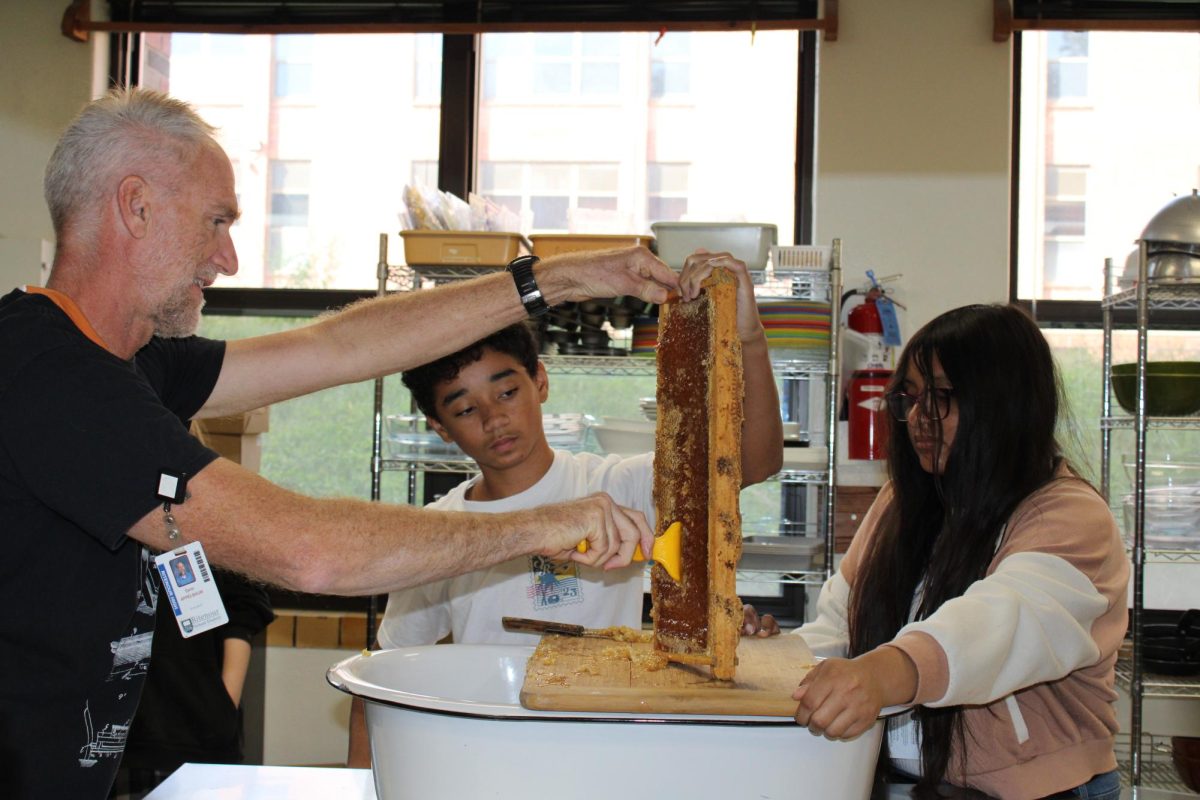When Donald Trump ran for president in 2024, he ran on the idea of tariffs helping the economy. He believed that raising these tariffs on foreign governments would help increase American manufacturing and protect American jobs, although the initial implementation of these tariffs has had some ripple effects.
On his first day in office of the 2025 presidential run, Trump announced that he was expecting to put a 25% tariff on Canada and Mexico effective as of February 1.
When February arose, Trump signed an executive order to impose tariffs on imports from Mexico, Canada and China — 10% on all imports from China and 25% on imports from Mexico and Canada starting Feb. 4. Due to these tariffs Trump decided to implement, not only did it strain America’s connection with Canada and Mexico, but it ultimately resulted in a tariff war between the United States and China.
As of now, there is a 20% rate on all items coming from China, and China, along with Canada and Mexico, have all responded with retaliatory tariffs.
While much discussion has been made of how this might affect pricing in larger stores, it is important to look at how it also affects individuals. Some teachers at Ritenour run small businesses outside of school, and they have had different experiences with the tariffs.
Personal finance teacher Keona Griffin-King owns Dr. Kee-Kee Life Coaching and Consulting. She says that she has not noticed any changes so far, but believes they might be coming in the future.
“Not as of yet, but because I run a service business, I think once people’s salaries start to decrease and people start cutting back to just their basic needs, yes, that’s when I think it will have an impact,” Griffin-King said.
Griffin-King believes that the tariffs will lead to some short-term financial issues with some individuals and that it could affect her business.
“When potential clients have to cut back a product or service that I provide, yes, it is still a need, however, it won’t become a priority. I think that’s probably going to be when people need my service the most,” Griffin-King said.
AMPED Algebra teacher Dr. Latonia Holland also owns her own business, a food catering service called This N’ That Eatery. She has concerns about the tariffs potentially increasing the price of some of the products she uses for her business.
“Anytime produce is impacted, then you have to incorporate that into your sales costs. The more things go up, the less people are likely to want to support your business,” Holland said.
The school’s Crisis Interventionist, Keaton Strong, runs a two-fold security company that provides executive services for high-priority clients and businesses, providing executive-level transportation.
“When it comes to the transportation of our clients, the types of vehicles we have are armor-reinforced. Those pieces are not made in the United States, and they are very expensive,” Strong said.
Strong said that these materials are needed to run his business successfully, but that traditionally, they are items that have been made outside the country.
“These armored reinforced pieces we have shipped via boat. So, under normal circumstances, it takes two to three months, but with the taxation on international properties, I’ve had two times where I just never got my materials. Then that becomes a big issue of the cost effect,” Strong said.
While small businesses have not been directly affected by the recent tariffs that have been implemented on imports, it is very apparent that these businesses in the Ritenour High School Community are having to make more tough decisions when it comes to their importation of products, as well as their popularity of gaining clientele due to possible incomes decreasing.








